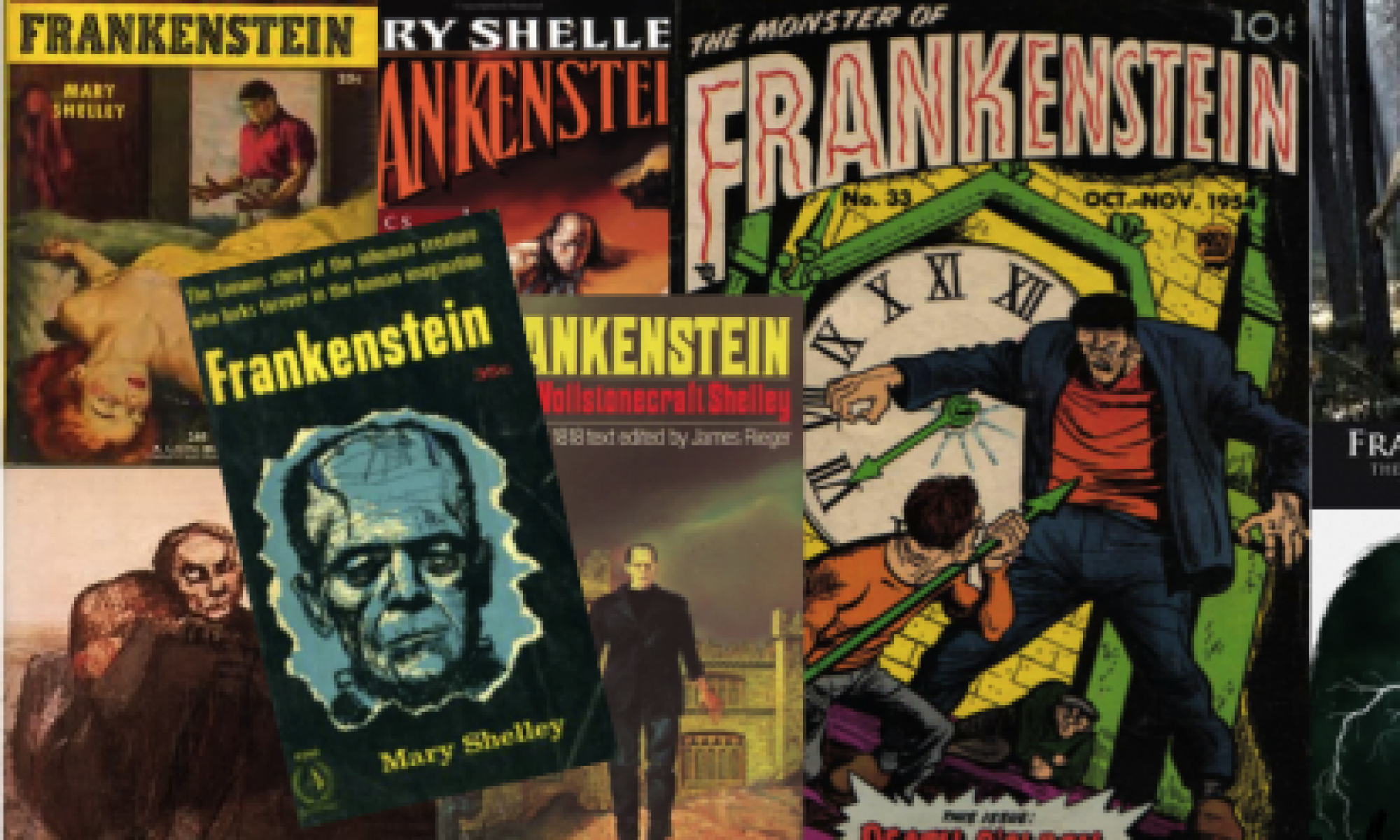J.M. Coetzee introduces us to the dynamic character of Susan Barton. Susan Barton’s growing sense of independence and willpower is one unprecedented at the time, and adds a new perspective to the story of Robinson Crusoe. Defoe published Robinson Crusoe in 1719, whereas Coetzee published foe in 1986. Coetzee brings elements of the 80’s into this story placed in the mid 1600’s, like female independence, gender discussion and period political references.
Throughout Foe, Barton is constantly analyzing and criticizing Robinson Crusoe’s actions, ideas and beliefs. Instead of seeing Crusoe as some man who victoriously survived on an island for however-many years, we get to hear an account of another person, in particular, a woman’s, perspective on his character. He is no longer some martyr. His flaws are evident, because our flaws are honestly hard to detect if there is nobody around to challenge them. As soon as Barton came to the island, she questioned Crusoe and his choices. After exhausting all of her questions and continuing to get dodgy and tired responses from Crusoe, she thinks “the simple truth was, Crusoe would brook no change on his island” showing his stubbornness and unwillingness to listen to others (Coetzee 27).
Barton’s presence is the novel is one that is representative of a strong, independent and aware woman. For starters, the fact that she has the confidence and ability to question Crusoe’s motives and believes shows her independence and strong-willed nature. Barton is also more than aware of her surroundings. When Crusoe describes his plan for building, she retorts “is it your plan to clear the whole island of growth and turn it into terraces?” (Coetzee33). Susan is condescending to Crusoe because she can’t believe he would be willing to clear out all of the natural land and add human-made infrastructures. This is a problem we are still dealing with today and the fact that Barton is aware of it (on a much smaller scale) shows her keen interest and insight in regards to her environment. She is dedicated in her opinions and she is not afraid to call Crusoe out when she feels he isn’t doing what he should be. Something I asked myself when I was reading was if her independence was undermined when she let Crusoe do what he wanted with her body, even though it wasn’t exactly what she wanted. I reread the passage and she said that she tried to stop him and eventually stopped resisting because she felt guilty for the fact that he had not had a woman for fifteen years. Nothing about this situation was her fault therefore none of her independence was undermined. She couldn’t have helped what had happened.
It’s interesting that the author brought aspects of the 80’s into the early 1700’s story. Throughout the 1980’s many women’s rights were being debated, like Planned Parenthood and the right to choose what to do with your body. This ideal of women independence is clearly reflected in Foe, but because Foe is set in the same time as Robinson Crusoe, it is EXTREMELY progressive for the time period. Women had almost no rights in the 1700’s, therefore Barton’s independence is a completely new concept. Meshing these two time periods adds a whole new dynamic to the story.
Barton’s role in the story also highlights the political climate during the publication of Foe. Friday, one of the most significant characters in both Robinson Crusoe and Foe, is a black slave to Crusoe. In Foe, he is left without a tongue and therefore without a form of verbal communication. I think that this was a commentary by Coetzee on the treatment of African Americans and all colored people in general at this time. Friday had no voice and simply had to do everything Crusoe asked of him. Although segregation had been abolished in the 80’s, African Americans and Native Americans were still silenced. Friday’s inability to speak for himself represents this idea of inhibition and repression.
Without even knowing it, Susan Barton completely changed my perspective of every character and plot point in Robinson Crusoe. Her character added a new dynamic and an elevated sense of importance to what each of the characters represents. Things suddenly become important. It’s not just about a man on an island devouring weird sausage candy things.
